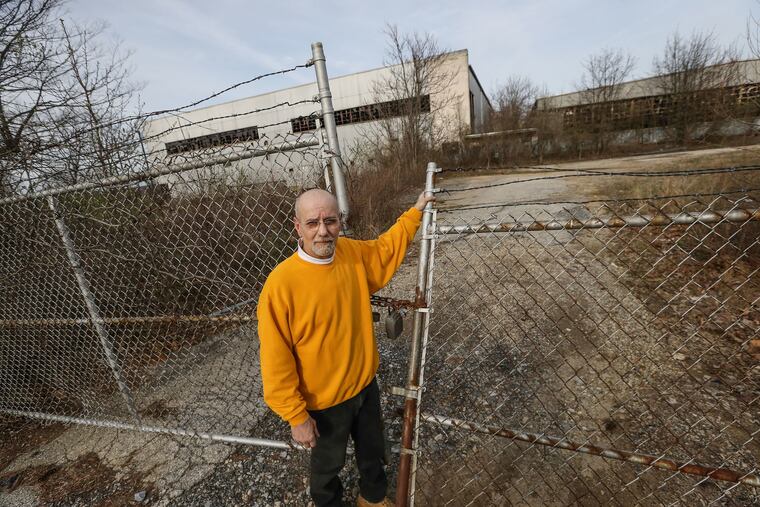State court ruling favors Chesco residents protesting brownfield development
A developer had sued residents and environmental activists, claiming their objections were defamatory.

The state's Superior Court has ruled in favor of residents and environmental activists in Chester County, tossing out an appeal from a developer who had filed a defamation suit against them.
In an opinion issued Thursday, Judge John T. Bender upheld a county court decision last August dismissing a lawsuit filed by developer J. Brian O'Neill and his partners at Constitution Drive Partners LP. Bender ruled that statements made by the Delaware Riverkeeper Network regarding a plan to build more than 200 homes on the former Bishop Tube Co. site, off Malin Road near Route 30 in East Whiteland, were accurate, therefore not defamatory.
Groundwater at the site, a brownfield currently being monitored by the Environmental Protection Agency, has tested positive for a degreasing agent linked to cancer.
O'Neill did not respond to a request for comment Monday.
"This ruling really has confirmed the right of free speech and the right of community members to organize and gather factual information and share it with each other and government officials to advocate for an outcome they believe is beneficial for themselves and their community," said Maya van Rossum, director of the Delaware Riverkeeper Network and a party to the lawsuit.
"And when citizens advocate in that manner, they can do so free from the fear that a developer or other entity can take action and hold them accountable for high legal damages," she added.
O'Neill's initial suit singled out statements from a flier distributed by van Rossum and her group that redevelopment of the site would "expose us to more of the toxins and put 200+ homes on the contaminated land!!!" and that "if this development happens your community could be on the receiving end of more contamination as the toxins make their way through our local waterways and water table."
O'Neill called those statements "materially false," and complained that the fliers had frightened residents and officials, causing delays. The efforts by van Rossum caused the developer to suffer "significant monetary harm in an amount in the tens of millions of dollars," according to the suit. He sought $50,000, plus lawyers' fees, costs, and damages.
But, Chester County Court Judge Jeffrey R. Sommer, in dismissing the suit, wrote that the language used by the Delaware Riverkeepers Network was grounded in fact. He also ruled that it was constitutionally protected under citizens' rights to petition government agencies.
The groundwater beneath the development site was contaminated by decades of the steel-tube manufacturing process. That pollution spread beyond just the initial manufacturing site and into waterways, including nearby Little Valley Creek.
O'Neill's Constitution Drive Partners, which bout the property in 2005, did not pollute the site, but plans to clean up soil above the water table where it is building according to DEP regulations. The company said previous owners were responsible for cleaning groundwater under the development site and downstream.
O'Neill initially proposed industrial or commercial plans for the site, but later shifted his plan to residential housing. In 2014, East Whiteland officials rezoned the property from industrial to residential.
The township's zoning board last April partially denied O'Neill's application for a variance to begin building the homes. Officials said that, as of Monday, the company has not submitted any revised plans.